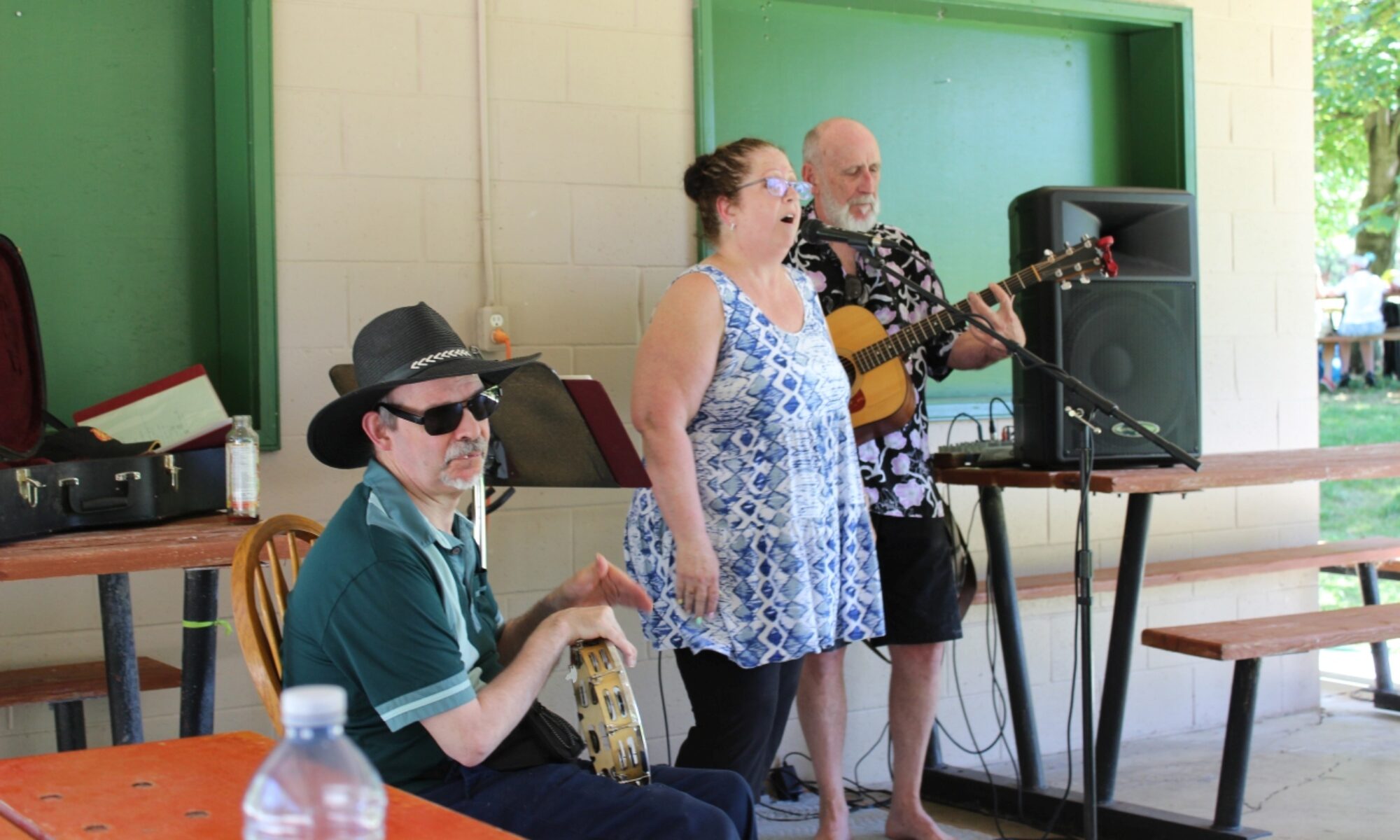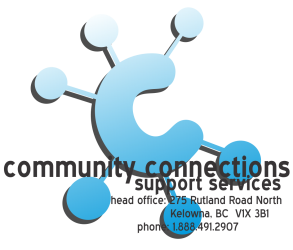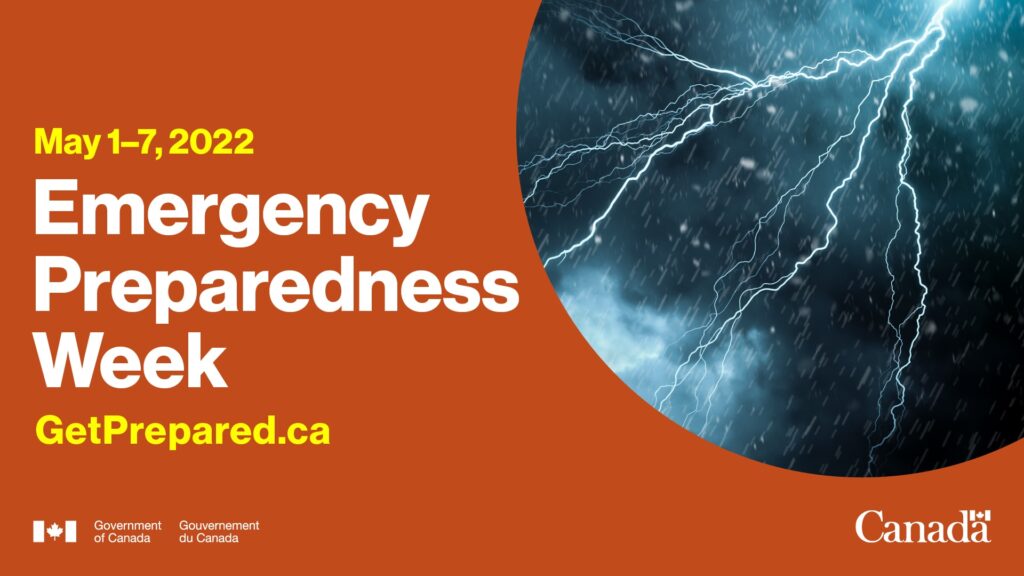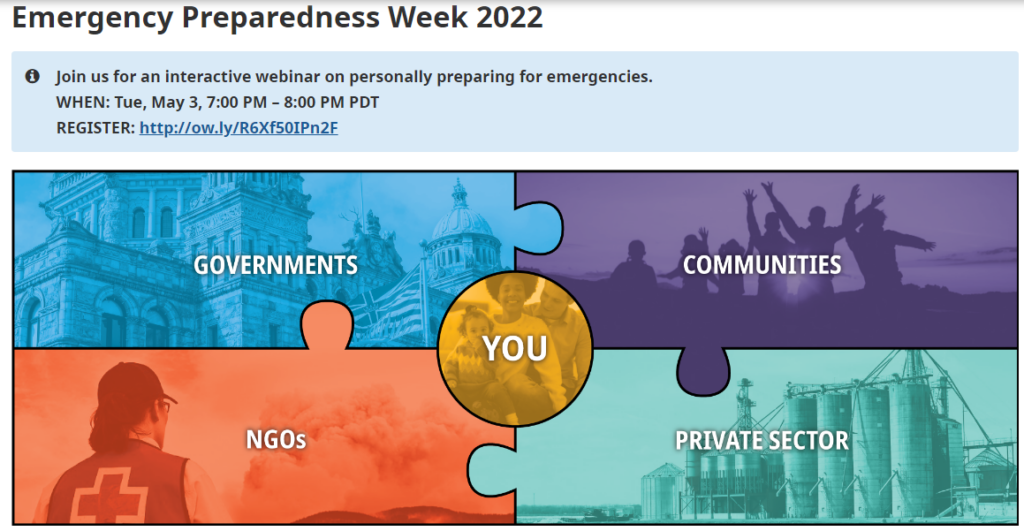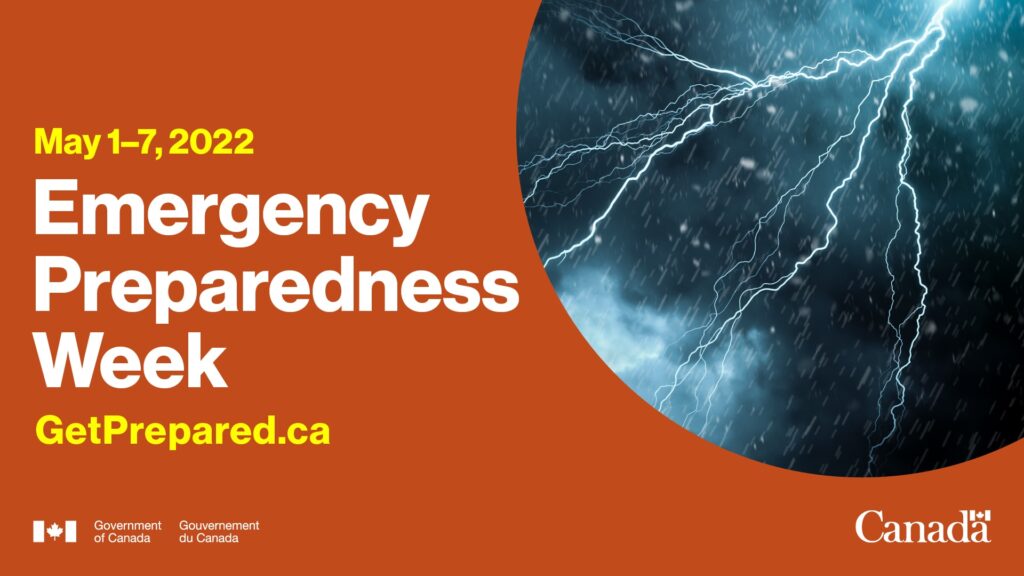Hey everyone, we’ve been posting emergency planning information and resources for Emergency Preparedness Week, and we want to take time to talk stress.
Emergencies can be stressful to think about. Planning for emergencies might seem like a big chore, or it might seem like it’s an impossible job to be ready for anything, or it might make you feel scared or sad.
It’s important to know that having a plan is one of the best emergency response strategies you can have: it will help you stay calm if you’re ever faced with a real emergency. So, while emergency planning might seem like a challenge, it’s definitely worthwhile!
Here’s some videos to help lighten things up and simplify some key concepts (and a website to got with them!).
GRAB AND GO BAG:
EMERGENCY KIT:
GRAB AND GO BAG vs. EMERGENCY KIT (What’s the difference?)
